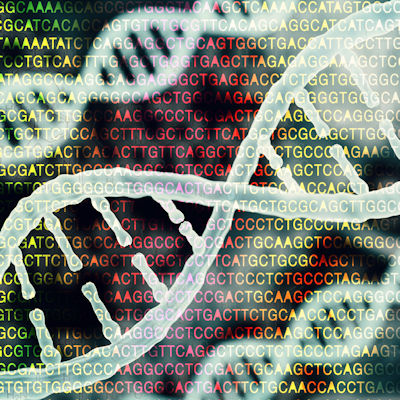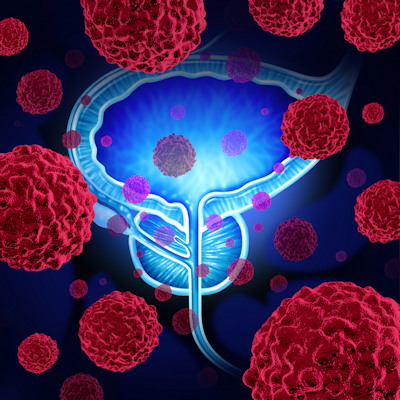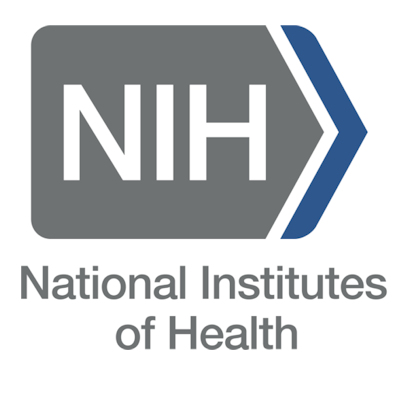April 14, 2023 -- The American College of Medical Genetics and Genomics (ACMG) on Friday published a statement on reducing bias in clinical genetic testing.
ACMG's Social, Ethical, and Legal Issues and Diversity, Equity, and Inclusion Committees worked together on the points-to-consider report in light of the potential for clinical, technical, and environmental biases to influence equitable access to clinical genetics testing.
Robert Best, PhD, the interim CEO of ACMG, set out the need for the report. "This paper is a response to the growing recognition that disparities in medicine are common and that they propagate along the lines of race, geography, and socioeconomics," Best said in a statement. "The authors of this Points to Consider document articulate an interplay between nested systems within healthcare related to biases within environmental, clinical, and technical domains and have begun to delineate the need for action that takes stock of the complex systems in which patient care plays out."
ACMG has identified a range of bias factors that could become increasingly important as genetic testing becomes more accessible and more central to care pathways, in the U.S. and in other parts of the world. As access increases, the professional membership organization believes the clinical genetics testing sector will need to overcome biases to ensure health equity, including for individuals who belong to historically marginalized populations.
The two ACMG committees categorized biases into three main areas: environmental, clinical, and technical. Environmental bias occurs when people face discrimination related to employment, medical insurance, housing, and interactions with colleagues, peers, and medical institutions.
ACMG identified "limited clinician diversity of representation," access to genetic services, education of healthcare professionals and patients, and complexities associated with unknown family histories as the key clinical factors, and cited language barriers as an example of the bias in action. Because few genetics professionals are bilingual, "non-English speaking patients are at a disadvantage in receiving culturally appropriate care." The bias informs ACMG's prioritization of the diversification of the workforce.
In terms of technical biases, ACMG noted that the predominance of people of European descent in genomic research studies has created challenges in variant interpretation for historically marginalized populations undergoing clinical genetic testing. The statement provides examples of the challenges and makes the case for recruiting more representative populations to participate in genomics studies.
The document presents a framework for "a positive and constructive dialogue among all stakeholders and lawmakers to continually address biases and keep advancing genetic testing in the clinic," its authors said. Through the dialogue, ACMG aims to reduce bias and ensure equitable care.
Copyright © 2023 scienceboard.net









